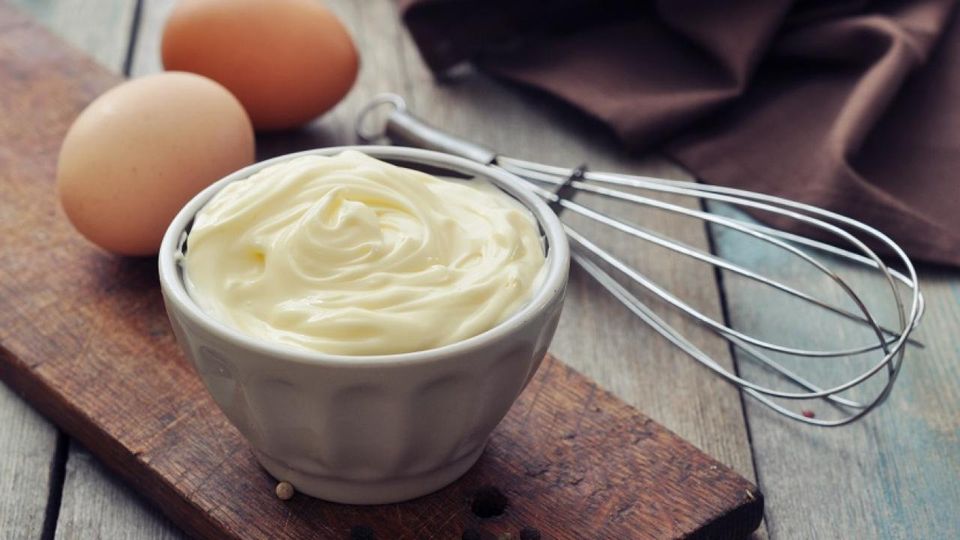Is Mayonnaise Good or Bad for You?

Mayonnaise has long been a staple condiment in our cuisine, but it has also garnered a reputation as an unhealthy choice due to its high-fat content. In this article, we will explore the science behind mayonnaise, and considerations to keep in mind when incorporating it into your diet.
What Is Mayonnaise?
Mayonnaise is a creamy, emulsified sauce made from a combination of oil, egg yolk, an acidic liquid like lemon juice or vinegar, and often a touch of mustard. The emulsification process, facilitated by an emulsifier such as egg yolk, allows the oil and other ingredients to form a stable mixture. This creamy condiment is used in various dishes, from sandwiches and salads to dips and dressings.
The Science Behind It
The emulsifier in mayonnaise, typically egg yolk, plays a crucial role in creating the creamy texture. It binds the hydrophilic (water-loving) component, such as lemon juice or vinegar, with the lipophilic (oil-loving) component, preventing separation and forming a stable emulsion. In commercial brands, other emulsifiers and stabilizers may be used.
Is Mayonnaise Healthy?
Mayonnaise can offer some health benefits. It contains nutrients such as vitamin E, which supports heart health, and vitamin K, important for blood clotting. Additionally, it can be made with healthy fats, including omega-3 fatty acids that promote brain, heart, and skin health. However, it's important to note that mayonnaise is primarily oil, making it a high-fat and calorie-dense condiment.
If you're following a low-fat or low-calorie diet, portion control is key. Be mindful of the amount of mayonnaise you use to avoid excessive calorie intake. On the other hand, for individuals on a low-carb or ketogenic diet, mayonnaise can be enjoyed more liberally. While it is high in fat, it consists mostly of unsaturated fats, which are considered healthier.
Reduced-Fat Mayonnaise: Is It Recommended?
For those on low-calorie, low-fat, reduced-fat mayonnaise is often recommended. While it contains fewer calories and less fat than regular mayonnaise, it's worth noting that the fat is often replaced with starches or sugar to improve texture and flavor. If you're monitoring your carbohydrate or sugar intake, be sure to check the nutrition label and ingredients list to make an informed choice.
In conclusion, mayonnaise can be a delicious and healthy addition to your diet when consumed in moderation and with consideration for your nutritional goals.
By understanding its composition, selecting healthier oil options, practicing proper food safety, and being mindful of portion sizes, you can enjoy the creamy goodness of mayonnaise without compromising your overall health.
Options to buy Light:
My own personal favorite: Woolies

Tangy Light Mayonnaise Woolies
Per 100 g:
Energy: 1218Kj
Fat: 26.8g
Sugar: 5.8g
Carbohydrates: 7g

Nola Slim Reduced Oil
Per 100 g:
Energy: 581Kj
Fat: 9.9g
Sugar: 10g
Carbohydrates: 13g

B-well Reduced Oil Mayo
Per 100 g:
Energy: 1295Kj
Fat: 27.9g
Sugar: 11g
Carbohydrates: 15g
Full Fat:

Crosse & Blackwell Tangy Mayonnaise
Per 100 g:
Energy: 2154Kj
Fat: 52g
Sugar: 11g
Carbohydrates: 11g

Tangy Mayonnaise
Per 100 g:
Energy: 2158Kj
Fat: 52g
Sugar: 10g
Carbohydrates: 13g